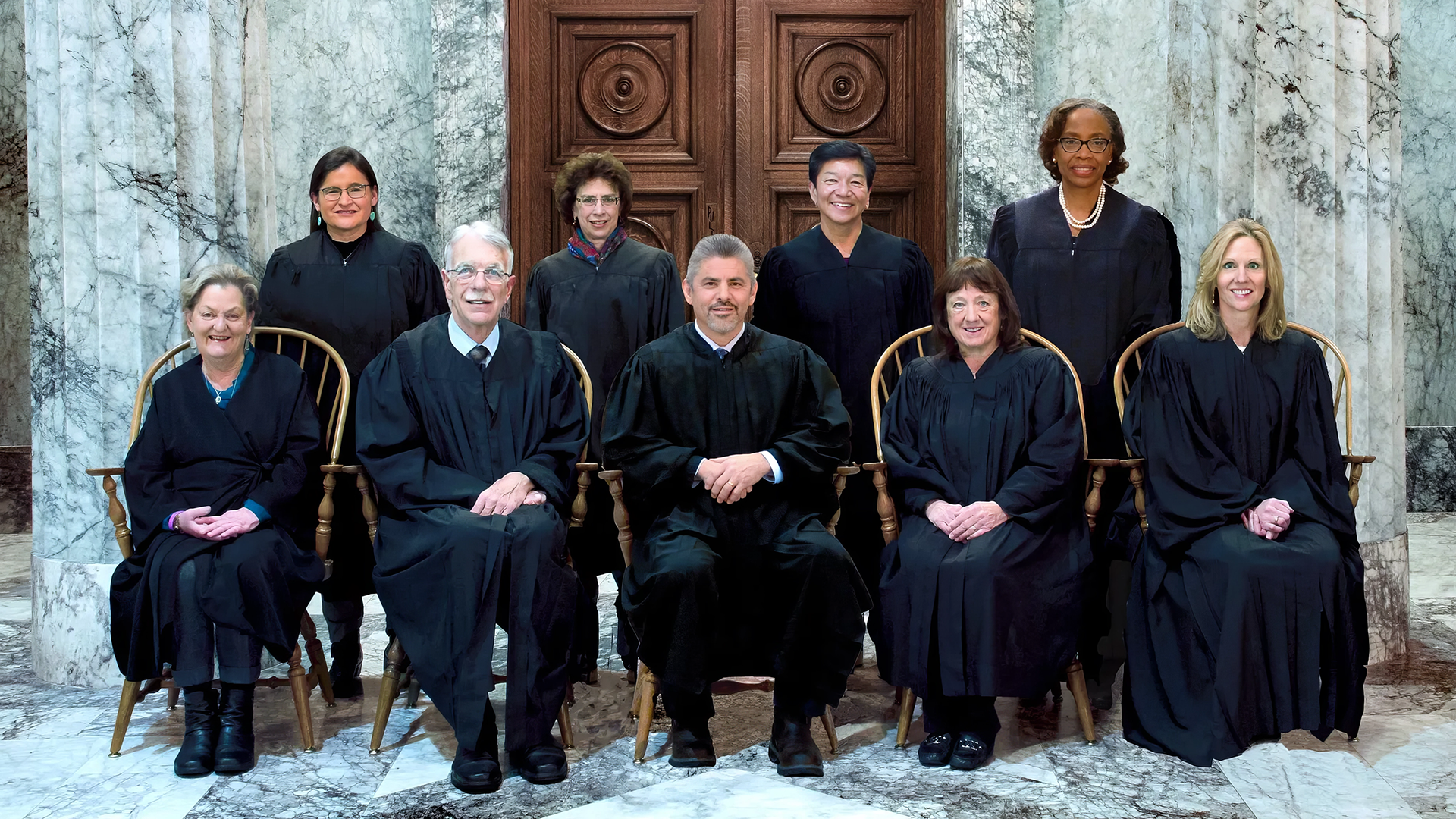The Washington State Supreme Court has ruled that the bar exam is no longer a requirement for prospective lawyers. On Friday, The Bar Licensure Task Force explained that the bar is “minimally effective for ensuring competency” and “disproportionally and unnecessarily blocks marginalized groups from becoming practicing attorneys.”
According to The Spokesman-Review, after appointing the task force in 2020 to assess “disproportionate impacts on examinees of color and first-generation examinees,” the courts agreed to substitute the exam with “experiential-learning alternatives.”
The task force was made up of over 50 groups of representatives and “examined the character and fitness process for lawyer licensure.”
Although students have historically interned under another lawyer before becoming attorneys, they still had to pass the bar to get their license to practice. Under the new guidelines, lawyers can forgo the bar, first administered in Delaware in 1783, by participating in a six-month apprenticeship and finishing three courses.
Additionally, students must complete a minimum of three hours of legal work per week and 12 skills credits as licensed legal interns, garnering up to 500 hours of law experience before graduation to complete their portfolios.
The eligibility to become a licensed law practitioner will also extend to law clerks even if they haven’t finished law school by completing 500 hours of work as a licensed legal intern and “completing standardized educational materials and benchmarks under the guidance of a mentoring attorney.”
“These recommendations come from a diverse body of lawyers in private and public practice, academics, and researchers who contributed immense insight, counterpoints and research to get us where we are today,” explained task force chair and Washington Supreme Court Justice Raquel Montoya-Lewis, in a statement.
“With these alternative pathways, we recognize that there are multiple ways to ensure a competent, licensed body of new attorneys who are so desperately needed around the state.”
Sharing her sentiments, Gonzaga School of Law Dean Jacob Rooksby said he is “on board” with introducing bar alternatives but has some hesitations and believes they should be introduced slowly.
“I urged that we move in this direction cautiously and viewing it almost as a case study or a trial to see: How could the different schools implement it but on a small scale?” He said, adding that the shift will need “guardrails” to ensure that “the goal of increasing diversity and meeting legal needs in marginalized communities is met.”
Washington is not the first state to offer substitutes for the bar exam. Oregon similarly approved an alternate licensing program in November of last year that will come into effect in May.
The program, called the Supervised Practice Portfolio Examination, will require candidates who have passed law school to complete 675 hours of legal work under the direction of a qualified lawyer and submit a portfolio of their work to be graded by bar officials.
In addition to several states lowering the passing score for the exam from 270 to 266 during the COVID-19 pandemic, a revised version of the bar called the NextGen Bar Exam will be introduced in 2026 and will focus on testing aspiring attorneys on “real-world skills.”







